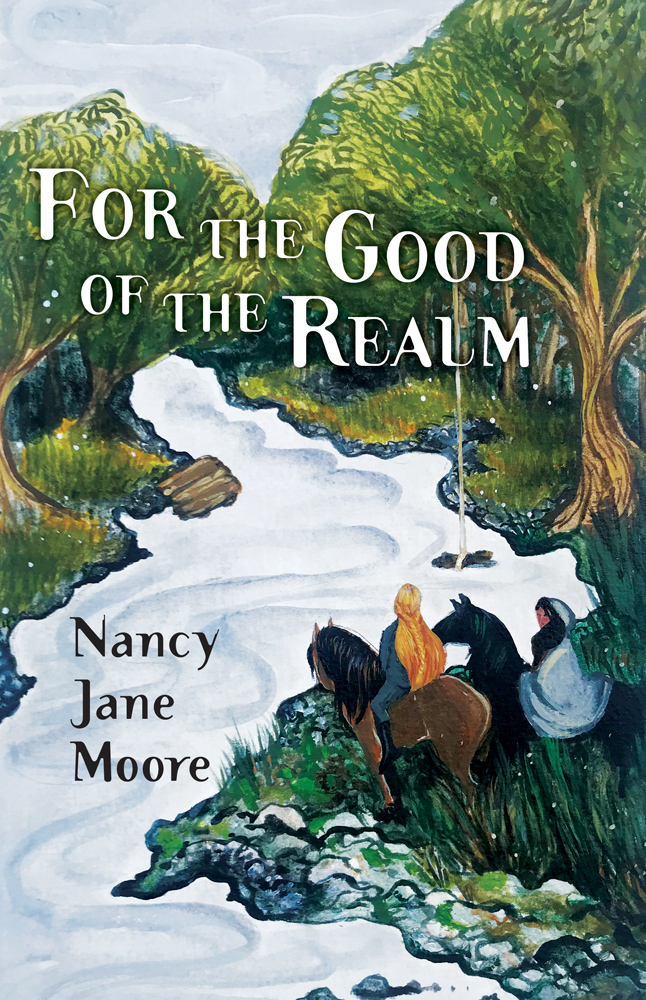Our current civilization is built on many dangerous fallacies. Most of them have been debunked, but their impact is still felt. Here’s a few off the top of my head:
- Some people are better than others.
- The “better” people are entitled to take things from their “inferiors”.
- The world is here for human use and it doesn’t matter how we use (or abuse) it.
- Wealth is more important than ensuring that all have enough.
- The natural world, both plant and animal, has no importance on its own.
I just read a short piece on how the indigenous people of what is now the Texas Gulf Coast lived for the 2,500 years before the Europeans invaded. They fished to their heart’s content in the bays protected from the Gulf by the barrier islands. They hunted inland for bison, deer, and other creatures, careful not to trespass into the territory of other peoples who lived farther inland. Lots of plant life grew in the area. They used bits of oil that came up in the Gulf to seal things.
Except for mosquitoes — I’m sure they had mosquitoes — it sounds like a pretty good life. The climate there is mostly warm and there must have been good sources of food year round.
I note that they did not build luxury homes and condos on the barrier islands, just temporary shelters where people could gather. I suspect they knew the signs of approaching hurricanes and moved inland ahead of them.
Here in California, the indigenous people used fire effectively in managing the forests and grasslands. They figured out that it was a necessary part of this environment. They, too, had a balanced relationship with a bountiful environment.
And now here we are, with the Gulf on fire from burst pipelines and wildfires already raging through the west ahead of fire season, plus condos on barrier islands collapsing. The people who settled here long before my Anglo ancestors knew how to deal with the environment, but their knowledge was dismissed and ignored.
Look at us now. Continue reading “Things That Keep Me Up at Night”…

